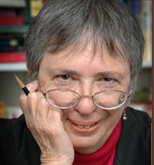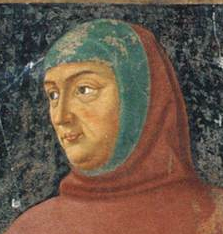 Historical fiction often serves the important purpose of breathing life back into otherwise forgotten facts and stories.
Historical fiction often serves the important purpose of breathing life back into otherwise forgotten facts and stories.
We absorb the French Revolution through A Tale of Two Cities and experience the nuances of the American Civil War through books like Cold Mountain.
Those interested in learning about the origins of the prejudices that eventually exploded tragically in the Holocaust might find new insights in the novel, The Blood of Lorraine (Pegasus, 2010), by Barbara Corrado Pope, professor emerita of women’s and gender studies.
The novel is set in a volatile time in French history. It’s just before the turn of the twentieth century and Alfred Dreyfus, a Jewish military officer, has been arrested and sent to prison, accused of sharing French military secrets with the Germans (the Dreyfus Affair).
The fictional protagonists are magistrate Bernard Martin and his wife, Clarie, who have recently moved to the small town of Nancy in Lorraine. When a baby is found dead in Nancy, the baby’s mother claims the death is a case of ritual sacrifice by a wandering Jew, and prejudiced tensions mount. Then, when Clarie’s own baby tragically dies she finds herself adopting anti–Semitic views.
As one reviewer writes: “Pope, a historian, gives us a complex lead and with great skill makes the anti–Semitic atmosphere of the times both palpable and tragically prophetic.” Pope taught for 29 years in the UO Department of Women’s and Gender Studies and was its founding director. The Blood of Lorraine is her second novel.
— Patricia Hickson




 A new course will provide UO students with mobile smart phones and a mission: to build smart-phone apps.
A new course will provide UO students with mobile smart phones and a mission: to build smart-phone apps.
 Two CAS faculty members have been honored with the 2011 UO MLK Award.
Two CAS faculty members have been honored with the 2011 UO MLK Award. Petrarch is not only going digital at the UO, but musical as well.
Petrarch is not only going digital at the UO, but musical as well.